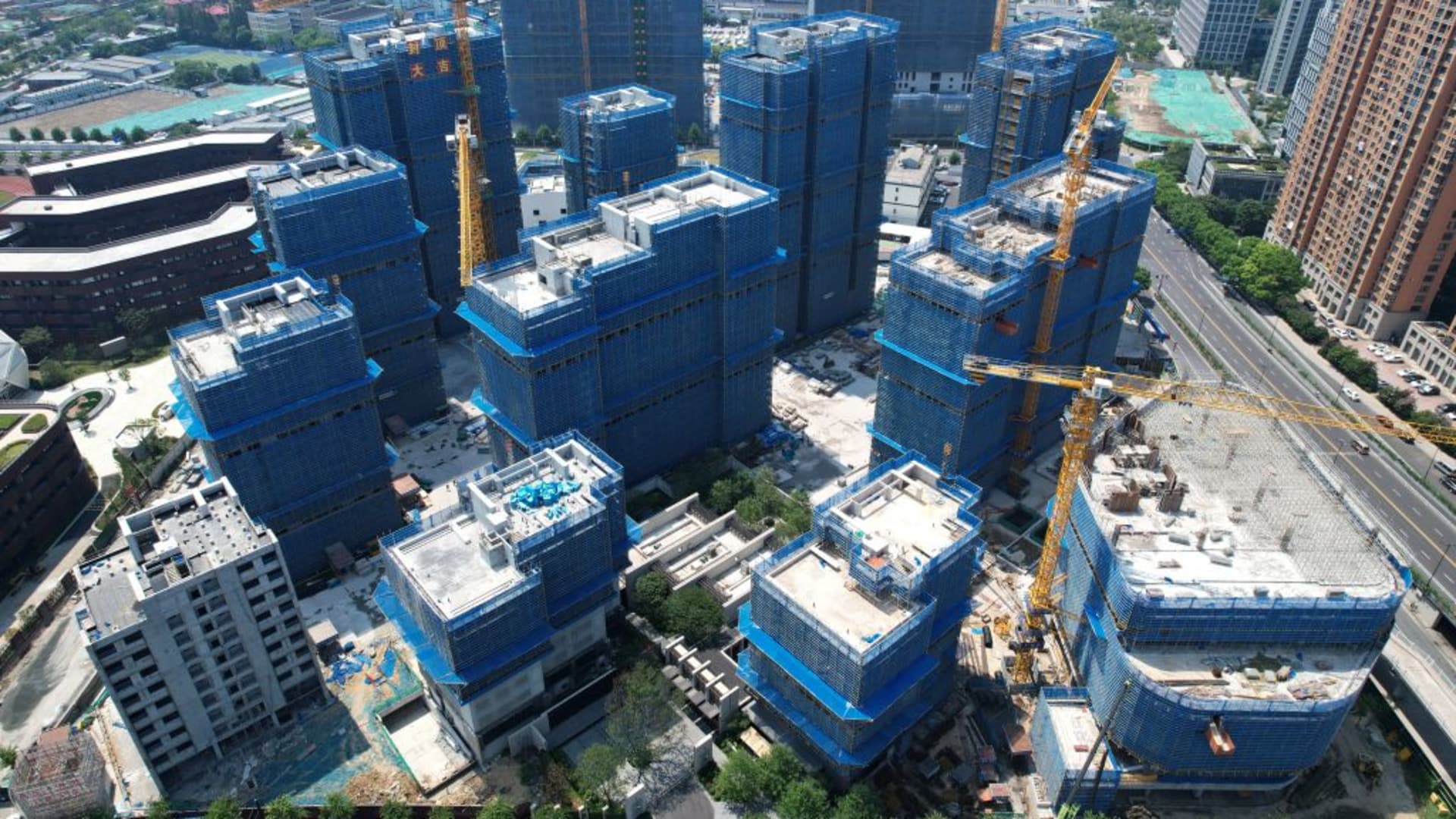BEIJING — China’s property struggles and U.S. sanctions have significantly affected some of its cities, even as others benefit from Beijing’s tech push, Milken Institute’s best performing cities China index showed Tuesday.
Since 2015, the index has studied China’s large- and mid-sized cities for their economic vibrancy and growth prospects. The latest version generally compares data for 2023 with that of 2021. Last year, the institute did not publish a report due to a reassessment of its methodology.
Hangzhou, capital of the eastern Zhejiang province and home to Alibaba and other tech companies, ranked first in this year’s rankings.
While other cities, such as Zhuhai, once a “rising star,” dropped in the rankings due to the slump in real estate.
The city, in the southern province of Guangdong near Hong Kong, fell 32 places from the previous index published in 2022 to 157th place.” Suddenly no one bought houses.
Builders didn’t have much money to complete their projects,” Perry Wong, managing director of research at the institute, told reporters in Mandarin, translated by CNBC.
Property and related sectors once accounted for more than a quarter of China’s gross domestic product. But in 2020, Chinese authorities started cracking down on real estate developers’ high reliance on debt.
Wong added that real estate dragged down growth for several of the main cities in that region, except for Dongguan. The city of factories, home to Huawei’s sprawling European-style campus, was instead hit by U.S. sanctions. Dongguan dropped 15 places in the Milken index rankings to 199th place.
There are 217 cities in the index. While the nearby metropolis of Shenzhen went up in rankings, the city landed in 9th place, behind Beijing. A majority of the Chinese companies initially blacklisted by the U.S. were based in Shenzhen or Beijing, Wong pointed out in an interview with CNBC.
“Zhuhai is an extremely good place to do service jobs, to do even production jobs, high-end production jobs in biotech,” he said. “So [excluding the real estate impact] it should have a pretty promising future.”
Another city affected by the geopolitical drag on exports is Zhengzhou, capital of the Henan province and home to iPhone manufacturer Foxconn. Zhengzhou fell to 22nd place, down from 3rd.
Historically, Wong pointed out, having control of Zhengzhou, Hefei, and Wuhan have been critical to ensuring control of the country.
From an economic perspective, Hefei, in the Anhui province, and Wuhan, in Central China’s Hubei province, fared better in the latest index.
Wuhan surged by nearly 30 places to second, while Hefei remained among the top ten. Wong attributed this to Wuhan’s efforts to keep factories running during the pandemic, allowing the city to rebound quickly, while a university in Hefei received direct government support for technological development.
As for Hangzhou’s success, the institute’s research pointed to the city’s growth as a hub for e-commerce, manufacturing and finance.
But asked on CNBC’s “Squawk Box Asia” if Hangzhou’s success could be replicated, Wong said it would be difficult, partly due to the outperformance of the local property sector that’s increased living costs.

 Blog Post1 week ago
Blog Post1 week ago
 Economics1 week ago
Economics1 week ago
 Finance1 week ago
Finance1 week ago
 Economics1 week ago
Economics1 week ago
 Economics1 week ago
Economics1 week ago
 Personal Finance1 week ago
Personal Finance1 week ago
 Accounting1 week ago
Accounting1 week ago
 Economics1 week ago
Economics1 week ago









